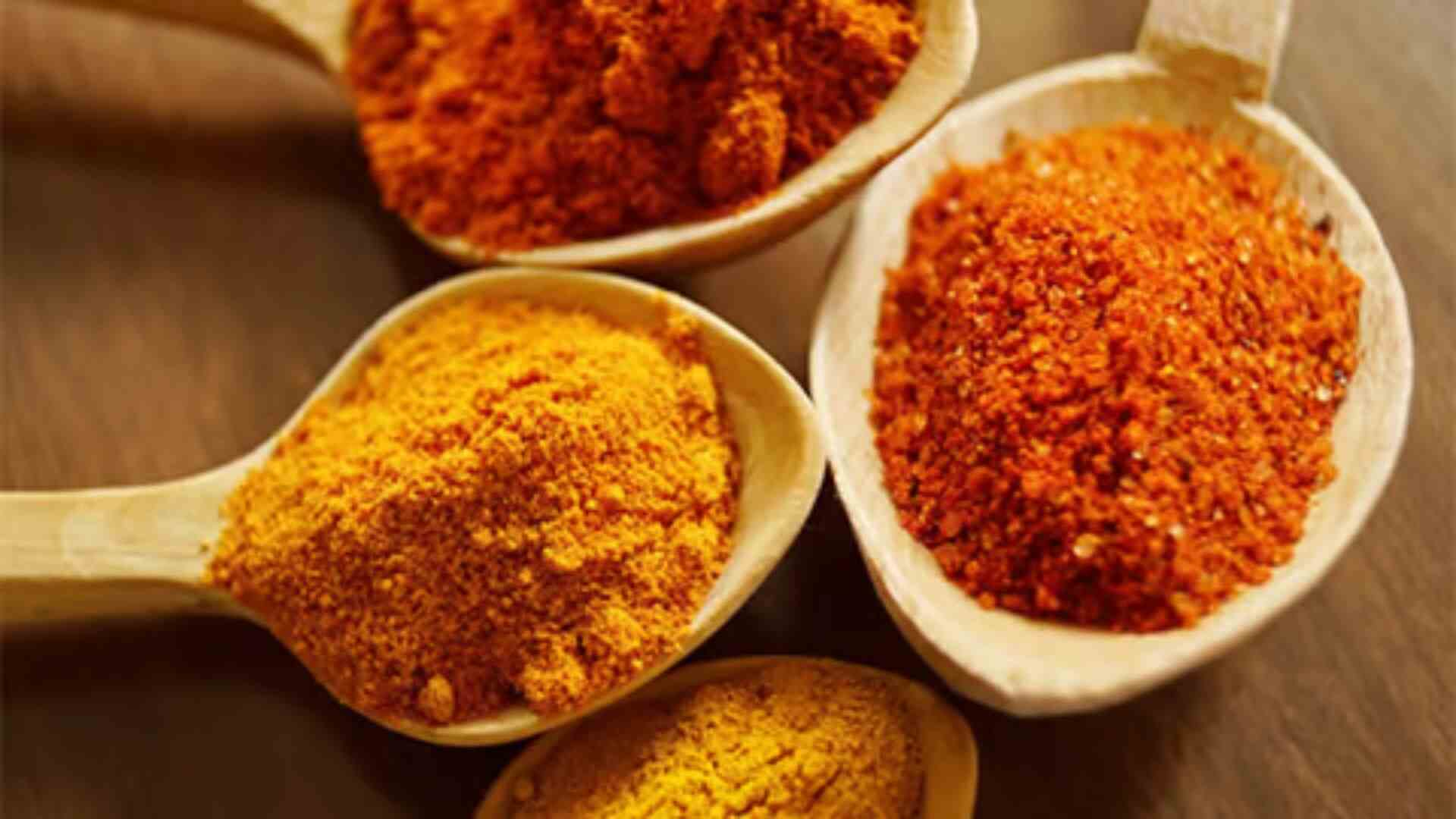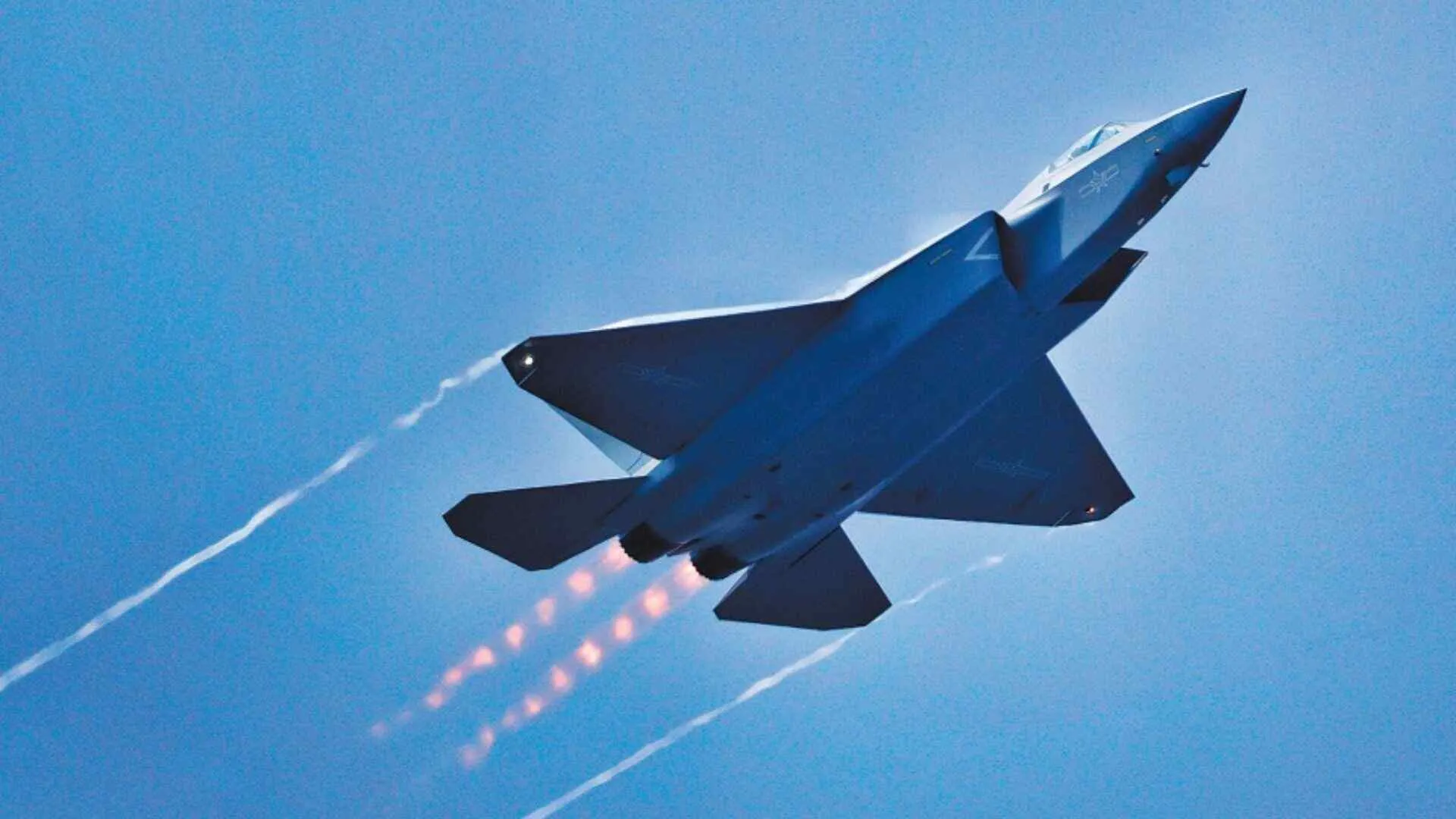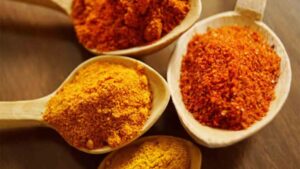Nepali consumers are increasingly turning to locally produced and packaged spices following the government’s ban on Indian spices due to high levels of ethylene oxide found in them by several countries. The ancient market of Ason, known for its range of spices and traditional ingredients, has seen a surge in demand for locally made spices, both processed and raw.
A shopkeeper in Kathmandu’s historic marketplace emphasized the traditional methods used in producing these spices. “We sell the spices which are manufactured locally, following the formula which has been passed from generation to generation. The market is now alerted to the news about elements which can cause cancer to be present in Indian spices, but we usually discourage the sales of Indian-brand spices. Consumers also prefer to use the home-made masala rather than others,” Sagar Tuladhar, one of the shopkeepers, told ANI.
Earlier this week, Nepal’s food safety agency banned the sale and import of MDH and Everest spices with immediate effect. The Department of Food Technology and Quality Control also decided to recall and seize products currently in customs clearance. This move follows similar bans by Singapore, Hong Kong, and scrutiny by Australian authorities.
The Federation of Indian Spice Stakeholders addressed the issue, stating that the treatment of ethylene oxide (EtO) is intended to ensure food safety. Speaking to ANI, Ashwin Nayak, Chairman of the Federation of Indian Spice Stakeholders (FISS), said, “This Ethylene oxide treatment is done only for the health of the people. If the spices used in food are not processed properly, microbiological parameters are found in them, like Salmonella, E-Coli, Aflatoxin, and Coliform, all of these are also dangerous for the body. When we treat them with ethylene oxide, microbiological parameters come under control and their dangerous effects are eliminated.”
The federation further clarified that ethylene oxide is not a pesticide but a sterilizing agent used to control microbial elements in spices and food products, including dangerous pathogens like Salmonella and E. Coli.
Consumers in Nepal see this ban as a positive step. Bhawana Gautam, a shopper in Ason, expressed her relief, saying, “This is indeed a positive step taken by the regulating authorities. There are many more products which need to be scrutinized and encouraged by the local producers. I was scared at first when I came to know about the components found in Indian spices. I was in shock and realized what kind of poison we were consuming. From now on, I won’t use them. I will use the local spices only; I will use the cumin seeds, coriander seeds and others that are processed here locally.”
The presence of ethylene oxide in spices is concerning, as it is a flammable, colorless gas with a sweet odor, primarily used to produce other chemicals, including antifreeze. It is also used in smaller amounts as a pesticide and sterilizing agent. Occupational exposure to ethylene oxide has been linked to cancers such as lymphoma and leukemia, as well as stomach and breast cancers.
Nepal’s food watchdog has also directed the National Food and Feed Reference Laboratory to prioritize testing for ethylene oxide. Meanwhile, shopkeepers are informing customers about the ban. Jason Tuladhar, another shopkeeper, welcomed the decision but noted that many people are unaware of it. “The decision to ban it is welcoming and good because the traces of cancer-causing agents in the food are concerning, whether in India or other parts of the world. Many of the countries have banned it and Nepal following the track is good but the people aren’t that aware of it, I have been taking the step by informing them about it. One of my customers did not know about the recent developments, I had a screenshot of the news and showed it to her,” he said.
Tuladhar added, “Awareness falls behind on this matter because such a concerning issue relating to health would affect people of all age groups, and the ban on it is the most appropriate step.”
The ban on MDH and Everest spice brands by Nepal followed tests conducted by Hong Kong and Singapore that detected carcinogenic ethylene oxide in several spice mixes. As the world’s largest spice producer, consumer, and exporter, India’s spice market is significant, with domestic and export markets worth billions of dollars.
Nepal imported substantial amounts of Everest and MDH spices from India in the last fiscal year, with significant volumes also coming from other countries. Despite the positive steps taken by authorities, Tuladhar pointed out that the screening process for these products has become infrequent. “The step undertaken by the Department of Food Technology and Quality Control is applaudable, but the screening process has become occasional. They come for observation and testing of the samples in multiple locations at once, including Ason, they come quite occasionally. In case of making these screening and tests regular over a certain period of time, then the lives of the people would have been safer,” he concluded.














